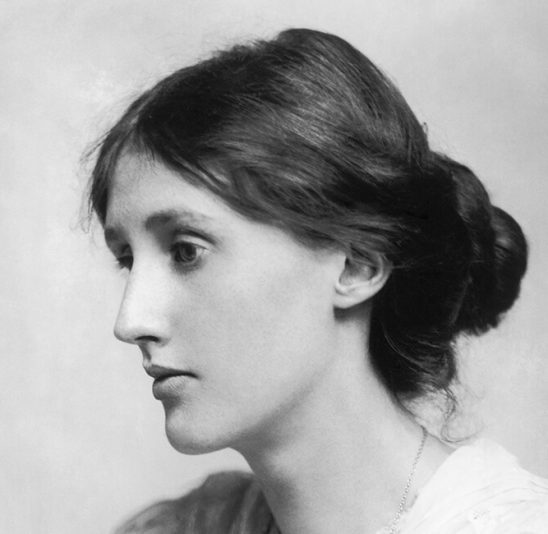Virginia Woolf
Adeline Virginia Woolf (née Stephen; 25 January 1882–28 March 1941) was an English writer who is considered one of the foremost modernists of the twentieth century, and a pioneer in the use of stream of consciousness as a narrative device. Born in an affluent household in Kensington, London, she attended the King’s College London and was acquainted with the early reformers of women’s higher education.
Having been home-schooled for most part of her childhood, mostly in English classics and Victorian literature, Woolf began writing professionally in 1900. During the interwar period, Woolf was a significant figure in London literary society and a central figure in the influential Bloomsbury Group of intellectuals. She published her first novel titled The Voyage Out in 1915, through the Hogarth Press, a publishing house that she established with her husband, Leonard Woolf. Her best-known works include the novels Mrs Dalloway (1925), To the Lighthouse (1927), Orlando (1928), and the book-length essay A Room of One’s Own (1929), with its dictum, ‘A woman must have money and a room of her own if she is to write fiction.’
Woolf became one of the central subjects of the 1970s movement of feminist criticism, and her works have since garnered much attention and widespread commentary for ‘inspiring feminism’, an aspect of her writing that was unheralded earlier. Her works are widely read all over the world and have been translated into more than fifty languages. She suffered from severe bouts of mental illness throughout her life and took her own life by drowning in 1941 at the age of 59.


